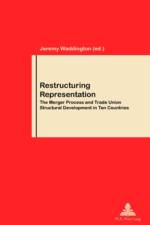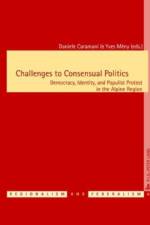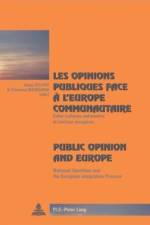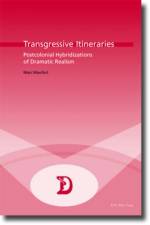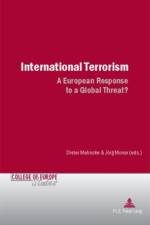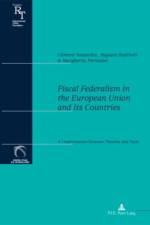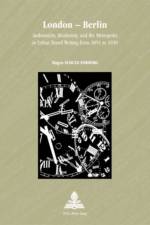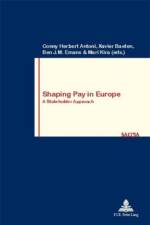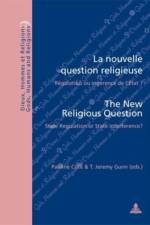- Democracy, Identity, and Populist Protest in the Alpine Region
681
The book analyses the transnational Alpine region where historical, social, and geo-economic specificities have led to a distinctive type of democracy and identity. Differentialist identities, multi-level consociational accommodation, and corporatist intermediation are typical features of this region¿s «consensual politics», and the process of European integration adds further to this complexity. These forms of consensual politics are challenged today by large and persistent populist parties that express strong anti-elitist sentiments, local identities, and Euro-sceptic attitudes. The book examines the defensive reaction of populist parties to the perceived threats of open borders (multi-culturalism and cheap labour) and elite negotiations (at all levels of governance). Protest attitudes translate into alternative views of European integration favouring proposals for an anti-assimilationist and labour protective «Fortress», as well as a religiously-based «Europe of the People». The book considers the possibility of a potential cleavage in the incipient European party system through alliances of «losers of integration» cutting across the left-right alignment and overlapping with ethno-linguistic, centre-periphery, religious, and rural-urban factors that survived in the Alpine region more than elsewhere. An empirical analysis by a group of international experts focuses on the Alpine areas of Austria, France, Germany, Italy, Slovenia, and Switzerland in which parties like FPÖ, CSU, Lega Nord, and Schweizerische Volkspartei have recently become crucial actors.

